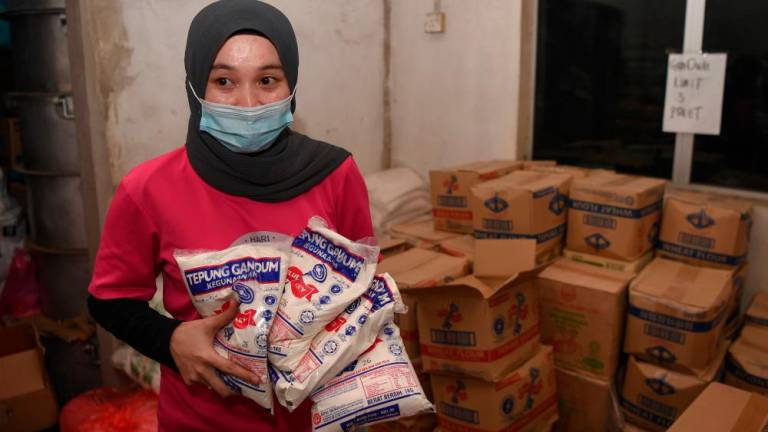OBESITY is a growing global concern, with forecasts suggesting that by 2035, around four billion people, roughly half of the projected global population, could be affected.
In Malaysia, approximately half of the adult population is overweight or obese, with females accounting for 55% of this group.
The health implications of obesity are significant, encompassing conditions such as cardiovascular diseases, stroke, metabolic syndrome, and type two diabetes.
We need to draw attention to the comparatively under-emphasised effects of obesity on female reproductive health, a crucial aspect within the broader context of obesity-related health concerns.
Obesity is associated with infertility, which can pose significant challenges for couples trying to conceive. In women, obesity can disrupt menstrual cycles, affect hormone levels and impair ovulation.
Excessive estrogen levels in obese women can disrupt regular menstrual cycles by impacting the secretion of other hormones crucial for ovulation. As a result, the distribution of excess body fat heightens the likelihood of irregular menstruation and anovulation.
Additionally, obese women often exhibit lower levels of sex hormone-binding globulin, which binds to estrogen, thereby reducing the amount of free estrogen in the bloodstream. This binding serves to regulate estrogen levels and prevent excessive estrogen activity, which can otherwise interfere with ovulation and menstrual cycles.
Women with body mass index (BMI) exceeding 27kg/m2 have a threefold higher risk of experiencing infertility caused by anovulation compared with those with a normal BMI range.
Furthermore, for women with a BMI over 29kg/m2, the probability of conception within 12 months, despite ovulation, decreases by around 4%.
Moreover, for those considering alternative methods such as in vitro fertilisation, the likelihood of a successful live birth diminishes by 9% in overweight women and 20% in obese women.
Implementing lifestyle changes such as modifying dietary intake to reduce calorie consumption and adopting regular physical activity is crucial for weight loss.
The Health Ministry recommends a gradual weight loss approach, aiming for up to 1kg per week and up to 10% of baseline body weight for healthy individuals.
For those managing conditions such as hypertension, hyperlipidemia and hyperglycemia, a reduction of 3% to 5% from baseline weight is recommended.
Engaging in aerobic activities such as walking, cycling, swimming, running, jumping rope and high-intensity interval training for 150-225 minutes per week can result in weight loss of 2kg to 3kg while increasing physical activity to 225-420 minutes per week can facilitate 5kg to 7.5kg of weight loss.
Individuals with a BMI ≥30kg/m2 or ≥27.5kg/m2 with comorbidities are advised to consult a doctor for obesity pharmacotherapy alongside lifestyle and behavioural modifications.
Bariatric surgery is also an option for severely obese individuals who have struggled with non-surgical weight loss methods. These services are available in certain government hospitals.
It is never too late to prioritise healthy living. Every step towards wellness, no matter how small, brings us closer to a healthier and happier tomorrow.
The writers are from the Faculty of Medicine at Universiti Malaya. Comments: letters@thesundaily.com










